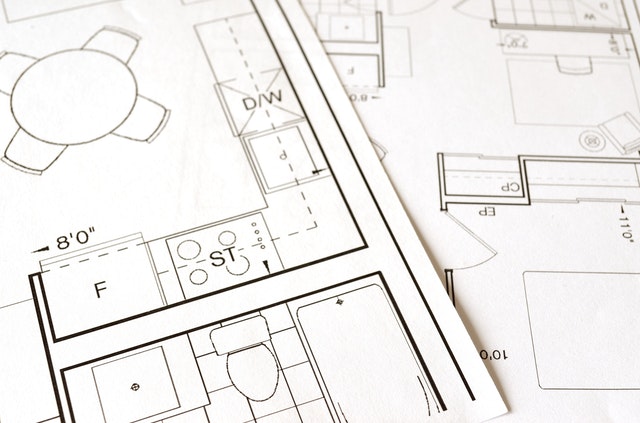5 Trends Shaping Green Homes
 Think green home design is a fad? Well, think again. Sustainable home designs are gaining popularity at a breakneck speed. In 2017, green homes accounted for more than 60 percent of family home builder’s portfolios, according to a survey conducted by the National Association of Home Builders.
Think green home design is a fad? Well, think again. Sustainable home designs are gaining popularity at a breakneck speed. In 2017, green homes accounted for more than 60 percent of family home builder’s portfolios, according to a survey conducted by the National Association of Home Builders.
But what is really driving green home designs? In this post, we explore five trends shaping sustainable homes.
1. Energy Efficiency
Home designs that cater to consumers’ need to reduce utility bills continue taking center stage. From net-zero energy homes to energy conserving products, home buyers want to save money. Moving forward, industry experts predict that ultra-efficient building designs like net-zero-energy or passive home designs will continue dominating the industry.
2. Health
Most home buyers are more aware of the dangers of chemicals than before. As such, most of them are seeking non-toxic interior products. The manufacturing industry trend is leaning towards healthier materials. As the demand rises and prices stabilize, these products are more likely to be game changers. Most home designs will probably focus on eliminating troublesome chemicals such as VOC paints and phthalate free flooring.
3. Home Performance And Monitoring
Home energy audits are major factors considered by consumers, and home performance is key. Some cities like Austin expect new homes to undergo performance tests before recommendation for resale.
Energy software programs allow home builders and remodelers to monitor how slight changes in home designs can save thousands of dollars in utility bills. Homeowners are also benefiting from energy monitoring devices to track their household energy consumption.
4. Water Efficiency
80 percent of American states anticipate water shortages in a few years, says a Government Accountability Office survey. Therefore, wise water usage is becoming crucial as consumers demand for water efficient homes. Most builders are already getting their homes HERS Rated as consumers look for ways to save dollars from rising water prices.
5. Biophilic Home Designs
Nature is beneficial to us biologically, physically and psychologically. However, in the last century, home designs separated us from nature. Today, biophilic designs (connected to nature) strive to reverse that by integrating nature into homes. Modern building can capture the sun’s movement using windows, architectural details and patterns, connecting us to the season, time of day and our inner biorhythms.
If you are in the market for a green home, be sure to contact your trusted mortgage professional for a financing pre-approval!

 After five consecutive years of Millennials outpacing all other home-buying demographics, sellers would be wise to wrap their thinking around what makes this generation tick.
After five consecutive years of Millennials outpacing all other home-buying demographics, sellers would be wise to wrap their thinking around what makes this generation tick. The real estate market is quite different from other markets and can be confusing for even the most experienced buyers and sellers. You will need the help of a real estate agent whether you are an experienced buyer or doing it for the first time.
The real estate market is quite different from other markets and can be confusing for even the most experienced buyers and sellers. You will need the help of a real estate agent whether you are an experienced buyer or doing it for the first time. Your home’s energy rating is an evaluation of your home’s overall energy efficiency. If your house’s rating is high, it means your potential for energy loss is also high. Bringing your rating numbers down means that your home is becoming more energy efficient.
Your home’s energy rating is an evaluation of your home’s overall energy efficiency. If your house’s rating is high, it means your potential for energy loss is also high. Bringing your rating numbers down means that your home is becoming more energy efficient.  Savvy home buyers often get great deals on new home constructions by asking for deals and discounts and doing some up-front research.
Savvy home buyers often get great deals on new home constructions by asking for deals and discounts and doing some up-front research.